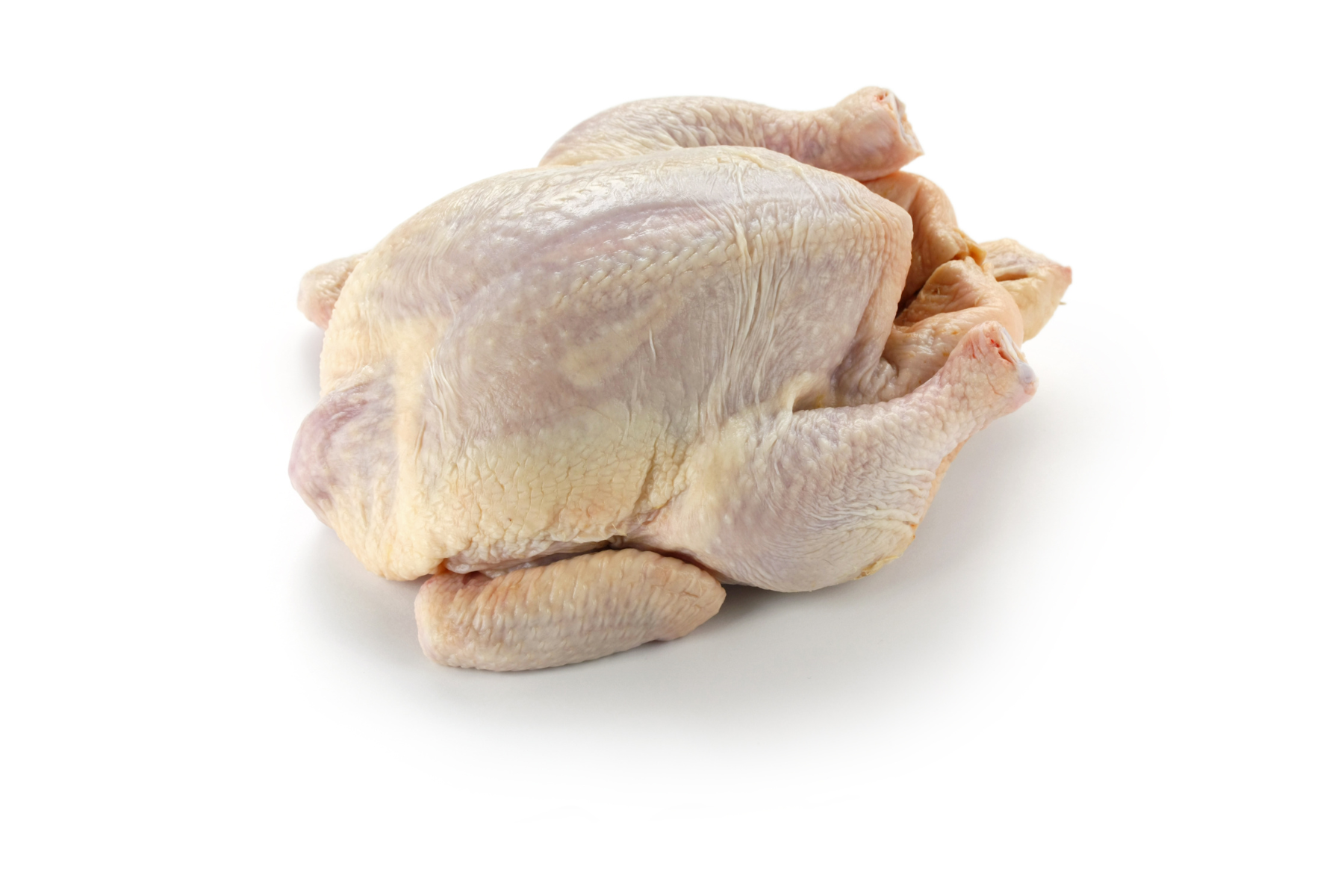Whole Chicken - Heritage Broiler
$22.75
Size
Details
Heritage Broiler
Our heritage meat birds take more time to mature, usually around 16–20 weeks, but the wait is worth it. Like our Cornish Cross, they begin life in the Mother Cabin before moving out to the pasture in Turtles, rotated every other day for fresh grass and clean air. They’re also fed non-GMO feed and watered daily to support slow, steady growth. Heritage birds offer a very different eating experience: the meat is darker, leaner, and more flavorful, with a firmer texture that reflects their active lifestyle. Many describe it as a richer, more “old-fashioned” chicken taste, perfect for those who want depth of flavor over rapid growth.
How It was Raised
We raise our broilers in mobile shelters we call “Turtles.” Each Turtle holds about 75 birds, and every other day we move them one Turtle length across the pasture. Along with the forage they find, we provide a non-GMO feed to ensure they receive nutrients they may not get solely from the pasture. Following Joel Salatin’s methods, as described in Pastured Poultry Profits (1993) and his “Farm Like a Lunatic” teachings, this approach offers the following benefits:
Better Bird Health & Welfare
- Broilers live outdoors on fresh grass with sunlight and clean air.
- Lower disease pressure than in confinement houses.
- Birds grow stronger with reduced stress.
Superior Meat Quality
- Richer flavor and firmer texture.
- Higher omega-3s and vitamins compared to conventional chicken.
- Customers describe it as “real chicken taste.”
Soil Building & Fertility
- Frequent moves spread manure evenly across the pasture.
- Adds natural nitrogen and organic matter.
- Builds topsoil and boosts pasture productivity over time.
Pest & Parasite Control
- Chickens disrupt insect life cycles by eating bugs and larvae.
- Especially effective when rotated after ruminants.
Cooking Tips
Heritage broilers (like Freedom Rangers or other slower-growing breeds) are different from Cornish Cross: more active = firmer muscles, darker meat, stronger flavor. They don’t cook exactly like grocery store chicken.
General Tips
- More chew, more flavor: The meat is firmer and benefits from moist cooking or resting after roasting.
- Cook slower, lower heat: Heritage birds can dry out if blasted with high heat like Cornish Cross. Think 325–350°F roasting instead of 400°F.
- Moisture is key: Baste, braise, stew, or use marinades/brines.
Cooking Methods
- Whole bird: Roast at a lower temp (325–350°F), covered for part of the time, then uncover to crisp skin. Let rest before carving.
- Stews & braises: Perfect for coq au vin, chicken and dumplings, or slow simmered soups.
- Cut up: Legs and thighs are excellent braised or grilled; breasts are smaller and do best sliced thin for stir-fries or poaching.
Heritage Broilers (firmer, richer flavor): Slow roast, stew, or braise.

